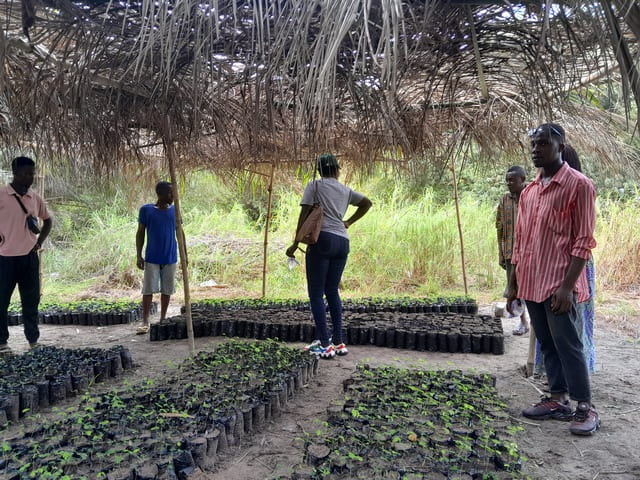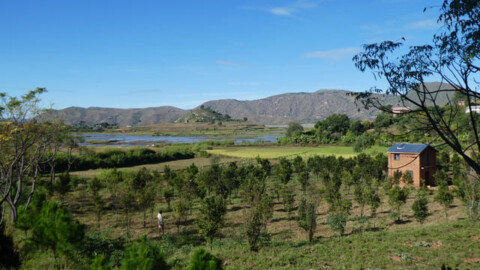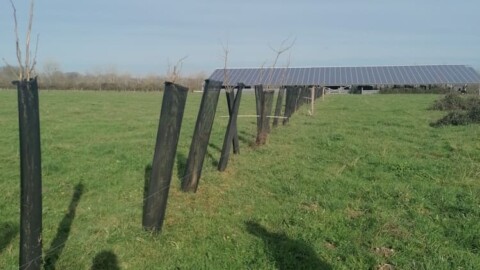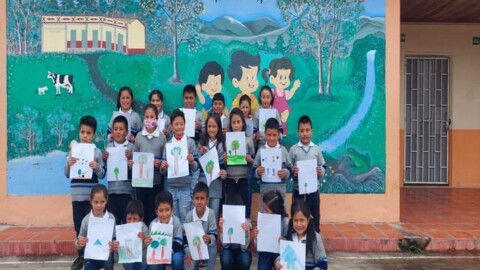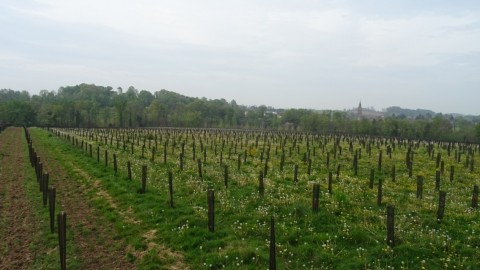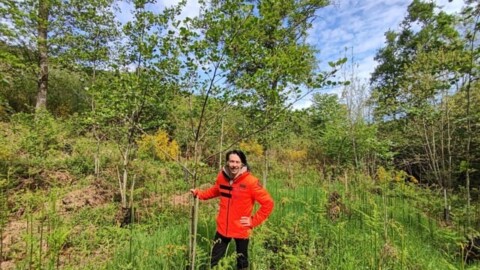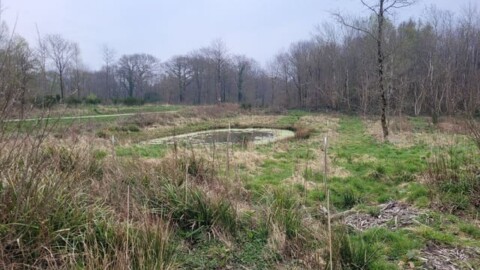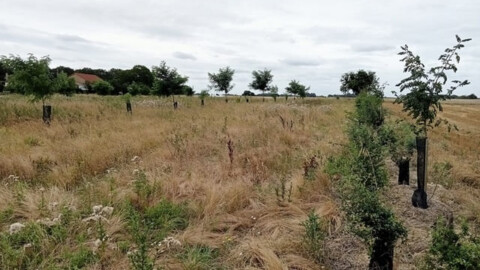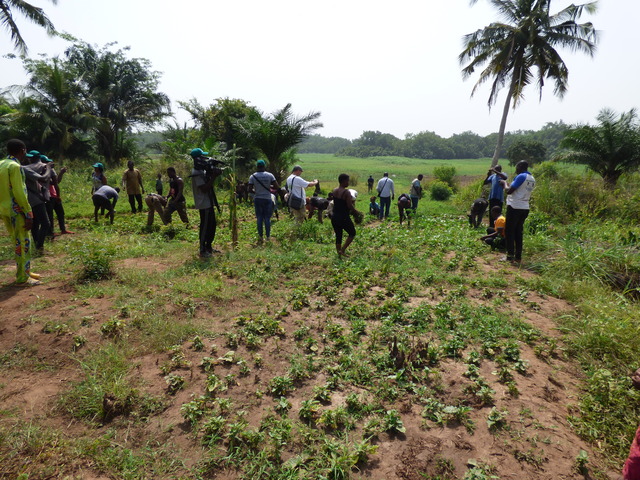
Lac Togo, Togo, August 2024
Part of the A Tree for You team travelled to Togo to visit the projects carried out with APAF Togo in the Zio valley and around Lake Togo. An expert from A Tree for You‘s scientific committee, together with the association’s delegate general, spent a week in the field with the planting partner and beneficiary communities in the villages.
Around Lake Togo, the team met farmers who had adopted agroforestry practices and planted trees in 2023 –in the villages of Bolou Ziogba, Kpome, and Lebe.
The audit focused on technical side of the plantations (species diversity , suitability for the soil and climate, planting scheme), assessing the benefits for the local communities and the dynamics generated, as well as the legal and financial aspects of the relationship between A Tree for You and APAF Togo.
The A Tree for You team was extremely satisfied with the partner’s achievements and saw at first hand the serious management and technical skills of the APAF Togo team. A Tree for You was particularly impressed by the ethnobotanical knowledge of APAF Togo’s director of tree species – from the treatment of seeds in the nursery, to awaken them from dormancy and get them growing,to their use by local communities for pharmacopoeia or food. Knowledge and beliefs surrounding trees, in particular, are important in Togo, with practices that are still very much alive today, especially around Lake Togo with the Voodoo religion. But this knowledge is vanishing over the generations. Agroforestry projects are helping revive and develop it by planting trees for therapeutic purposes, for example, and through training courses for villagers led by APAF technicians.
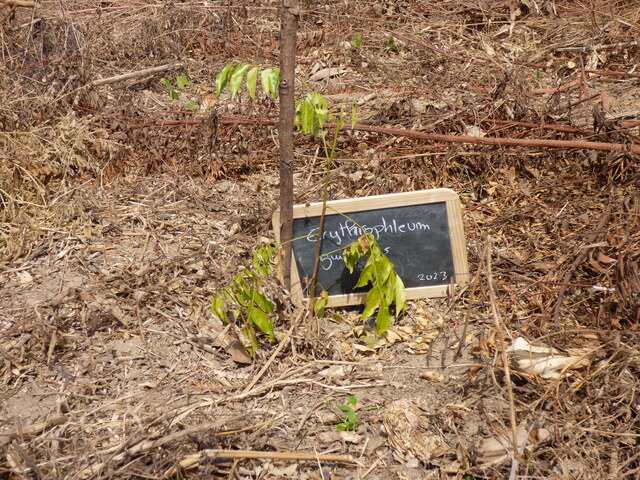
For a few days, a Togolese team of video-makers selected by A Tree for You followed the listeners to capture the benefits of the projects on film. The farmers they met were all delighted with the positive outcomes already delivered: additional income, soil fertilisation, shade and better healthperks. Around Lake Togo, agriculture complements, or even tends to take over, fishing activities.
One of the difficulties for the local plantation partner is choosing which villages to help start a phase of planting. It is important to capitalise on the knowledge acquired in the villages that have already received assistance, in order to ensure their independence when it comes to in future plantations. At the same time, there is a desire to help more and more villages.
When it comes to running agroforestry planting projects with the support of village governance structures – nursery committee, village development committee, chiefdom – there are two main reasons why it is difficult for farmers to be fully autonomous:
- the seeds of ‘fertilizer’ trees are only viable when produced by trees over 20 years’ old. In the Plateaux region of Togo, these trees were planted by APAF Togo over two decades ago. The project pays the farmers who own the trees for the seeds, thus making these first plantations sustainableand providing a good source of income for these first beneficiaries;
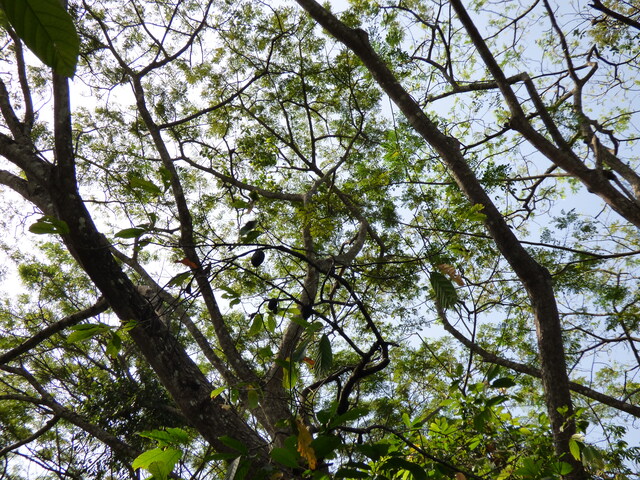
- the business model for community nurseries is still lacking, since farmers cannot yet afford to pay for young plants, even if the trees mean they will rapidly save by not having to purchasefertilisers and chemical pesticides.
For the time being, the Zio valley, which is in urgent need of agroforestry, has been chosen for the next planting phase. Around Lake Togo, the success of the plantations introducedwill be monitored until the beginning of 2027. An assessment will then follow to ascertain whether or not other villages could receive similar support.


